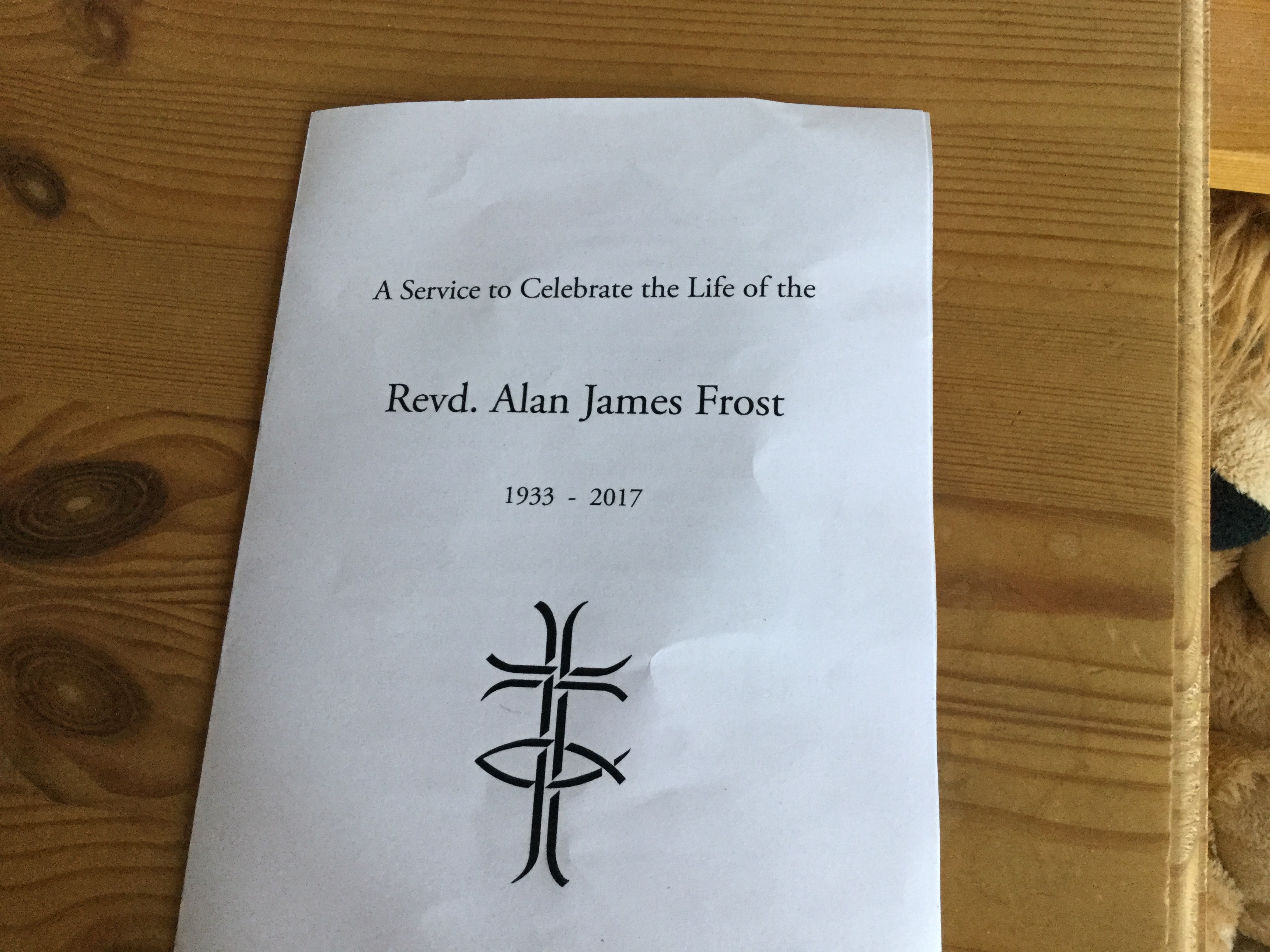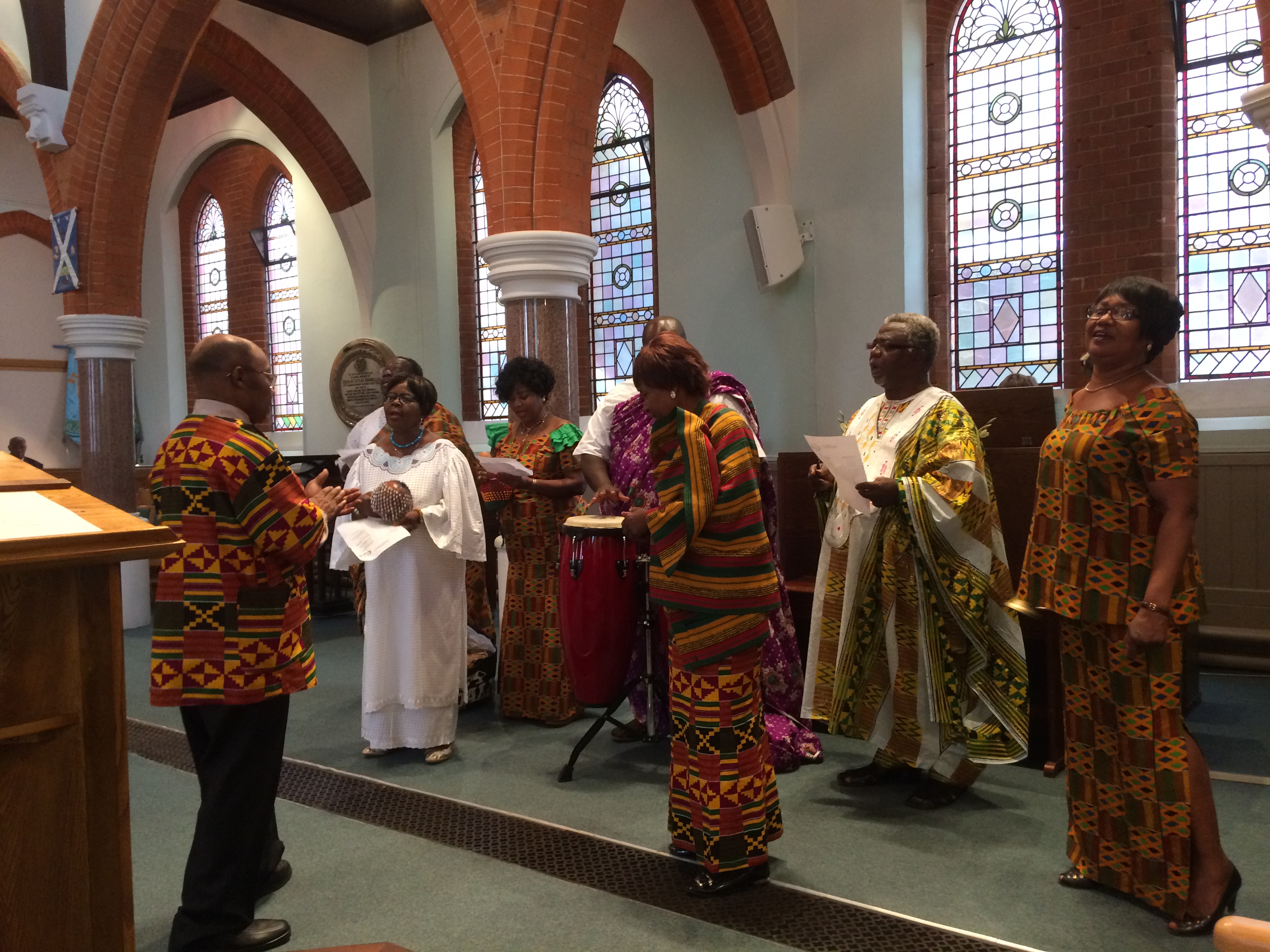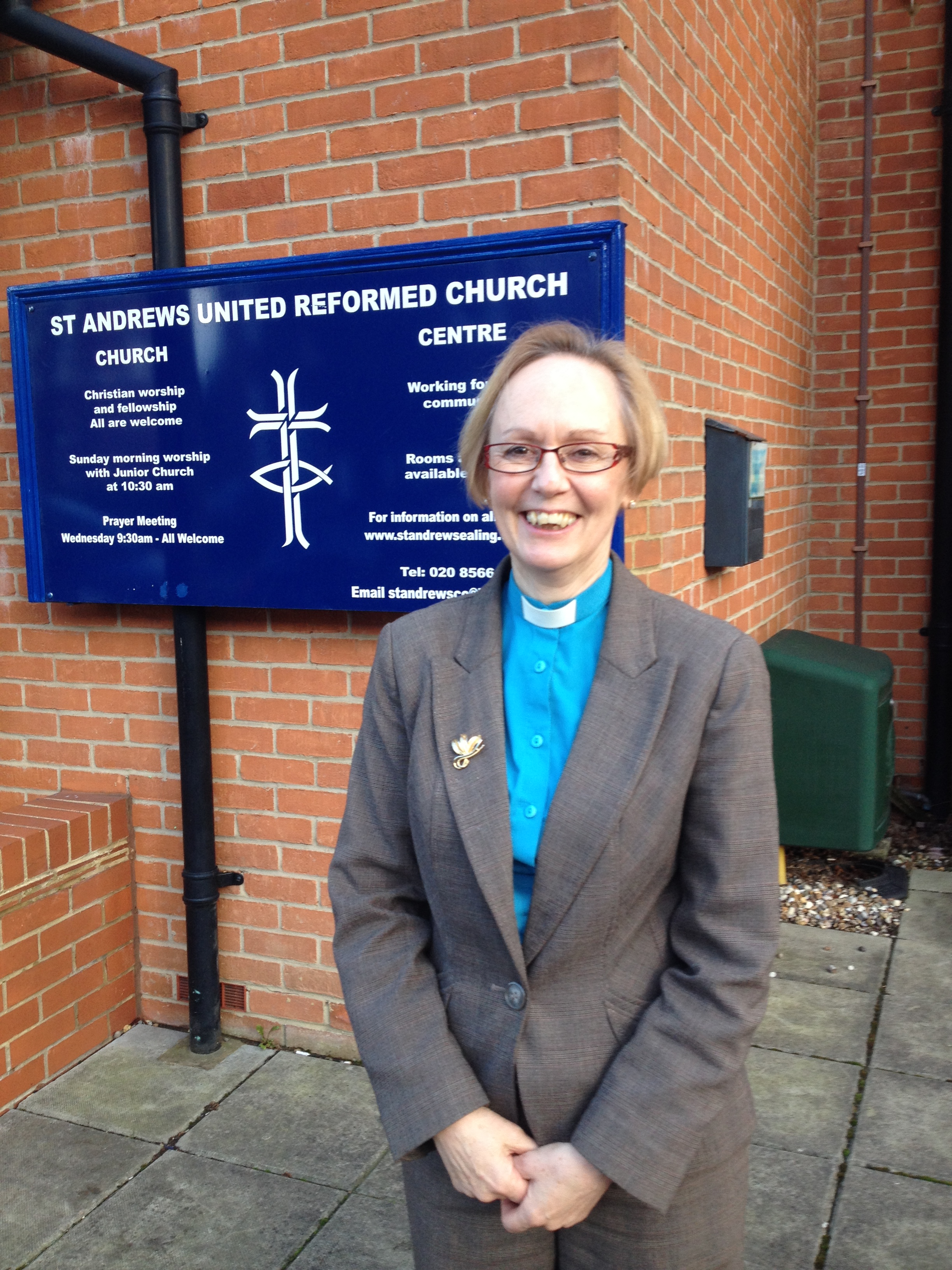Week of Prayer for Christian Union service 15th Jan Revd Sue McCoan
Micah 6:6-8
Luke 10:25-37
The parable of the Good Samaritan is told to illustrate the idea of being a neighbour, but at its heart it is a story of racism. Jesus and his disciples, like all other Jewish people of the time, would have been brought up to think of Samaritans as unclean – you didn’t share with them, you didn’t touch them, and you would avoid them if at all possible. The power of the parable lies in the fact that it’s the Samaritan – the dreaded Samaritan – who turns out to be the good neighbour, and not the two holy people who might have been expected to set a good example.
It’s a familiar story. But like so many bible stories, there is always more richness to be found, new treasure to be unearthed. So we’re going to do some digging, getting a little deeper into the parable, and draw out three things which might help us reflect on our own attitudes to difference and inclusion today.
The first thing to dig into is the hostility towards the Samaritans. The Samaritans were an identified group – we might today call them a sect – within Judaism. They mostly lived in and around the region of Samaria, hence the name. The antagonism of the Jewish people towards them has a biblical and historical basis. The 2nd book of Kings tells of the King of Assyria, who had invaded the land, settling Assyrian people in the cities of Samaria. Some of the local people married Assyrians, so they had compromised the purity of their bloodline; and the mixed community worshipped Assyrian deities as well as the Jewish God, so they had also compromised their faith. What more reason do you need to hate them?
Except that it turns out that probably wasn’t true. Later scholarship suggests that the passage in Kings refers only to some of the people who lived in Samaria, not to the group identified as Samaritans. The trouble is, once a division has started, it tends to grow. By the 3rd and 2nd centuries BC, the Samaritans and the Jewish people were so estranged that they took opposing sides in various conflicts, and there was no going back.
There are lessons here in how we use the bible and history today. I think we’re all aware, now, of the way the Christian church has used the bible to justify slavery; I don’t want to go into that now. Nor do I want to look at the nationalist view that people from other cultures are somehow a threat to our way of life. I want to raise a more general consideration. Whenever we find ourselves wanting to justify our actions by saying, ‘the bible says this’, or by saying ‘ we all know that that …’, we might just want to pause and think, are we sure? What are we basing our thinking on? Does this really fit with what we know of a God of love?
We might especially want to do this if our actions involve unkindness towards others.
The second thing to draw out from this parable is the context: within Luke’s gospel, and in particular the geographical context. The story is in Luke 10. Towards the end of chapter 9, Luke tells us that Jesus, who has been in Galilee, set his face to go to Jerusalem. Galilee is in the north of the country; Jerusalem is in the south. Most travellers would take the longer route along the Jordan valley. Jesus chooses the more direct route south, straight through Samaria.
It’s not an easy journey. Some of the towns don’t want to welcome Jesus; some of the disciples want to retaliate by calling down fire from heaven. Jesus sends out 70 followers to preach the gospel and at the same time to find out which towns are safe for them to visit.
The parable of the good Samaritan comes just after the 70 have returned – which means that at this point, Jesus is either in, or has just left, Samaria. Despite the bad start, he and his disciples have been visiting Samaritan towns, spending time with local people, accepting their hospitality. And in that time, they have been able to see that Samaritans are people with homes and families, joys and concerns, just like anyone else. They are no longer a group to be feared en masse; they are individuals, with their own stories, their own hopes and dreams. I wonder if this is in the mind of Jesus when he answers the question, ‘who is my neighbour?’
Once we have seen someone as a human being, it’s much harder to think of them as ‘other’. Once we’ve seen people as individuals, we might begin to challenge the assumptions we may have had about the group we think they belong to. I was reading recently about a black artist, who is doing well, his work is widely exhibited and highly regarded. But he still feels he has to paint black culture, or make work about protest. If he paints an attractive landscape, people don’t want to know. It’s those assumptions, that pigeon-holing, those microaggressions, that mean there isn’t yet true equality.
Which brings us onto the third thing to draw out of the parable.
The man who is beaten up is badly injured – left half dead, so probably unconscious. Given the prejudice of the time, if he had known what was happening, he might have been horrified that a Samaritan was about to touch him. If he had had more strength, he might very well have pushed him away. In sticking to his long-held views, he might have refused life-giving help. It happens. I was visiting a hospital just before Covid, and I heard a patient say, I don’t want a black nurse touching me.
Prejudice, racism, in whatever form, diminishes us all. It diminishes the person on the receiving end – that chipping away of dignity, and confidence, that sapping of strength – and it diminishes those who express it, or who harbour it silently. How much do we lose, because we cannot see the gifting of others? How much do we miss out on, because we are more concerned with preserving our view of the world than with celebrating someone who might challenge that worldview?
This service, and the other material for this year’s Week of Prayer for Christian Unity, came from the churches in Minneapolis, where George Floyd lived and died. So often, we think of Christian Unity as being about unity and sharing between different denominations, or perhaps between different local congregations. The Minneapolis churches reflect on the idea that no matter how much progress we make in those areas, we can’t have real unity until we address the unity, or lack of it, within our denominations, within our churches. The grace which allows us to have meaningful dialogue with people whose theology differs from ours, which has been a real blessing over recent years, surely also enables us to consider the viewpoint of people whose skin colour or background differs from ours.
We know the words of the prophet Micah, that we should do justice, love kindness, and walk humbly with our God. This parable helps open our eyes to what that might mean, and what it might cost us. Let’s pray that through this parable, and the rest of this service, we can open our eyes and face the challenge with honesty and grace.





